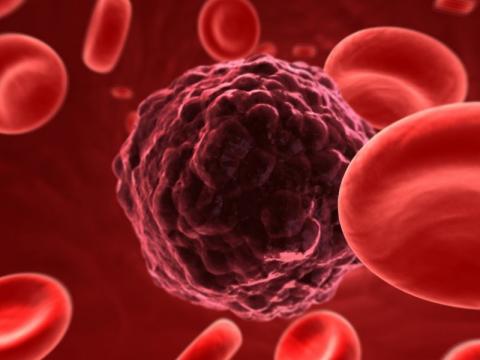Smoking increases your risk of cancer – stub it out!

To mark World Cancer Day 2015 on Wednesday 4 February, the Public Health Agency (PHA) is highlighting the links between smoking and cancer and is urging all smokers to make the decision to give up their habit and start to enjoy the benefits of a smoke-free lifestyle.
In line with the theme ‘Not beyond us’, smokers are being reminded that they can successfully quit smoking and join thousands of people who decide to stop each year by using the PHA’s Stop Smoking Services, or by doing so on their own.
Gerry Bleakney, Strategic Lead for Tobacco Control with the PHA, said: “Smoking is one of the most important preventable causes of cancer in the world. Cigarettes contain over 4,000 toxic chemicals, many of which are proven to cause cancer.
“Sadly, smoking accounts for nearly a fifth (19.1%) of new cancer cases in Northern Ireland.”
While most of us know that tobacco use increases the chance of lung cancer, what many people, both smokers and nonsmokers alike, may not know is that smoking can also increase your risk of cancer of the:
- Mouth
- Nose and sinuses
- Voice box (larynx)
- Food pipe (oesophagus)
- Stomach
- Pancreas
- Bladder
- Liver
- Neck of the womb (cervix)
- Kidney
- Acute myeloid leukaemia
- Ovary
- Bowel
Gerry continued: “Smoking doesn’t only cause cancer, but it also causes life-threatening illnesses such as lung disease, heart disease and stroke.
“However, you can reduce your risk by quitting now, no matter how long you have been smoking. Every year that you do not smoke, your risk of getting serious illnesses such as lung cancer will decrease.
“Stopping smoking is the best change a person can make to improve their overall health. The benefits start almost immediately and continue for the rest of your life.
“In Northern Ireland there are more than 650 free stop smoking services which are run by specially-trained staff who can advise on the best way to stop smoking. Services are offered in many community pharmacies, GP practices, HSC Trust premises, and community and voluntary organisations, and can be set up in workplaces.
“For more information on the services available and useful tips to stop smoking, visit the PHA’s ‘Want 2 Stop’ website at www.want2stop.info where you can also order a ‘Quit Kit’ free of charge which will help you plan your quit attempt.
“If you quit and then relapse, accept it, work out why it happened, and focus on how you can avoid it in future. It takes several efforts for many people to quit for good but if you are determined you will do it.”
